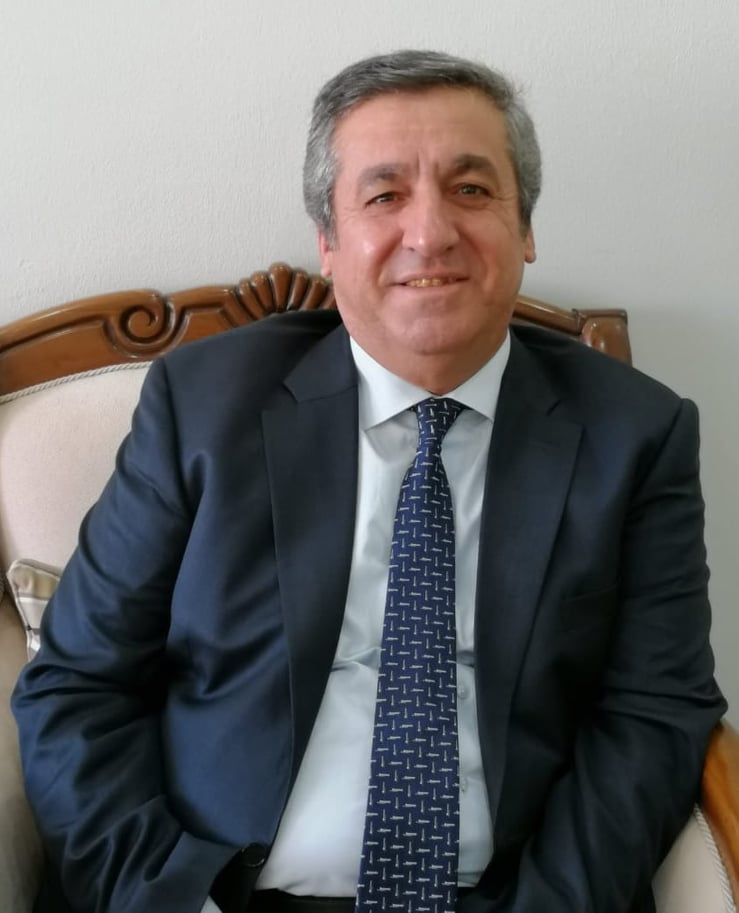
The Grave of the Ego and the Resurrection of the Soul
To the extent that we can be freed from individualism — that is, from selfishness and egoism — we are also cleansed from human weaknesses and faults; and we begin, in the truest sense, to live the awareness of our humanity.
Indeed, if individualism turns into a life centred solely upon the “self”, it inwardly isolates the person and estranges them from universal values.
Yet the more we are released from selfishness, the more our hearts expand to embrace the existence of others.
To “live the awareness of our humanity” is, in fact, like remembering that ancient light concealed within our true self.
To live with this awareness is not merely to be freed from faults, but to make a conscious choice to exist with love, with understanding, and with compassion.
In this respect, the Feast of the Resurrection (Easter) does not only signify Christ’s rising from the tomb, but also symbolises the passage of the human soul from darkness into light, from slumber into awakening.
This feast reminds us of this profound truth: life can triumph over death. Yet that triumph begins with the struggle against the “self” within.
It is the soul that brings life into being, that sustains it, and that enables it to grow.
The soul is the true source of goodness, beauty, and virtuous deeds.
But in front of this source, there often stands a great stone — what we call the ego or the self.
And unless this stone is rolled away, the Fountain of the Spirit within cannot flow freely.
This is why the Resurrection is not only an historical event but also an inner revolution.
It means to die to evil and to rise to goodness. It means to leave behind those parts of ourselves that are buried in the grave of ego and to be born into the light of the spirit.
For ego, with its rust, its dirt, and its sediments, clogs the channel of the soul and disrupts its inner flow.
Arrogance, prejudice, selfishness, envy, addictions, and callousness are the principal sediments that cause this obstruction. To confront these barriers and to overcome them are difficult, yet necessary stages in the journey of self-knowledge and self-discovery.
The death and resurrection of Christ reveal how this great stone may be rolled away. He passed through suffering and affliction, and transformed the tomb into light. He taught us how the spirit can triumph over human weaknesses.
The Feast of the Resurrection is the call to this great transformation: a call to journey from the outward to the inward, from the side roads to the main way, from false selves to the true self.
This is the way of truth and the way of life.
Let us not forget: the human being is not only as much as he knows, but as much as he gives meaning. And one truly lives only as much as one has truly risen. For resurrection is not only bodily, but also intellectual, moral, and spiritual.
Resurrection is the awakening of the inner person, the rising up of the conscience, the coming of our darkened aspects into the light.
The preparation for this feast and its celebration symbolise the rebirth of the soul. They remind us to turn towards ourselves, to open to the light, and to choose a life centred on service.
On this occasion, I wholeheartedly celebrate the Feast of the Resurrection with the Christians, and especially with the Syriac community living in Mardin.
May the divine light that illumined the tomb of Christ warm our humanity and shine upon the path of life. May it be a means of peace and stability in our country and throughout the world.
Remain in love, in resurrection, in light, and in hope.
Yusuf Beğtaş
You can also send us an email to karyohliso@gmail.com
Leave a Comment